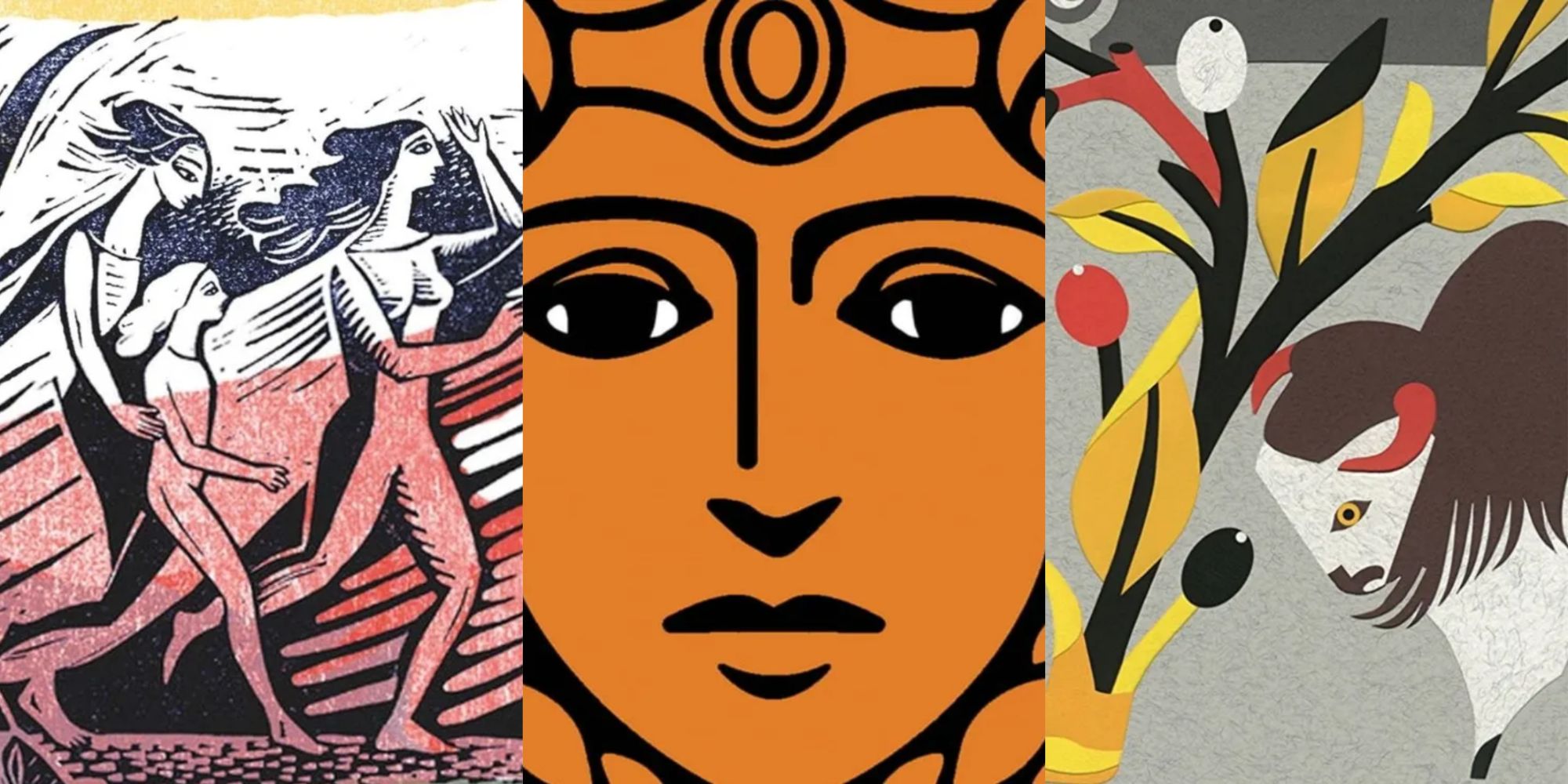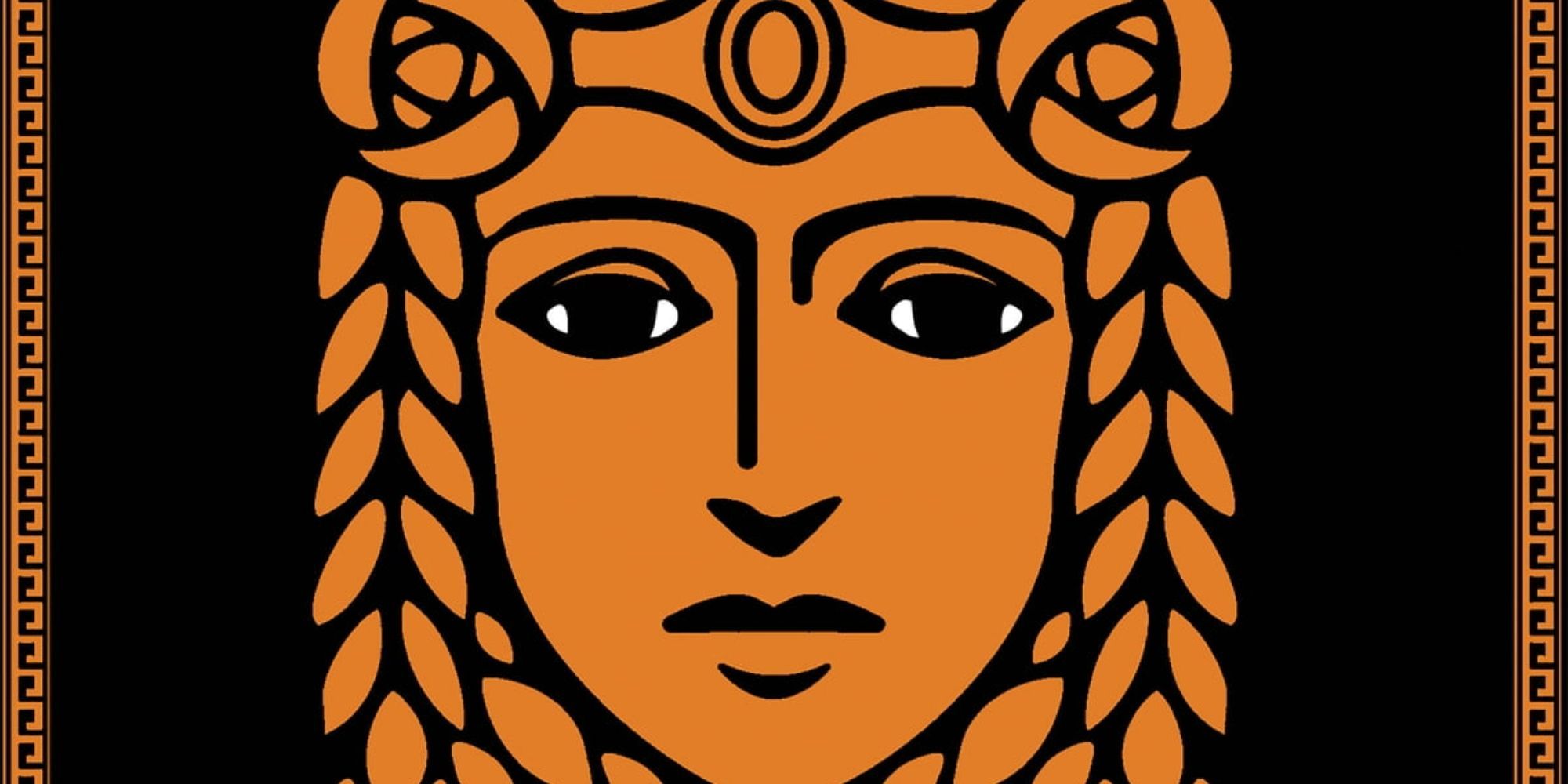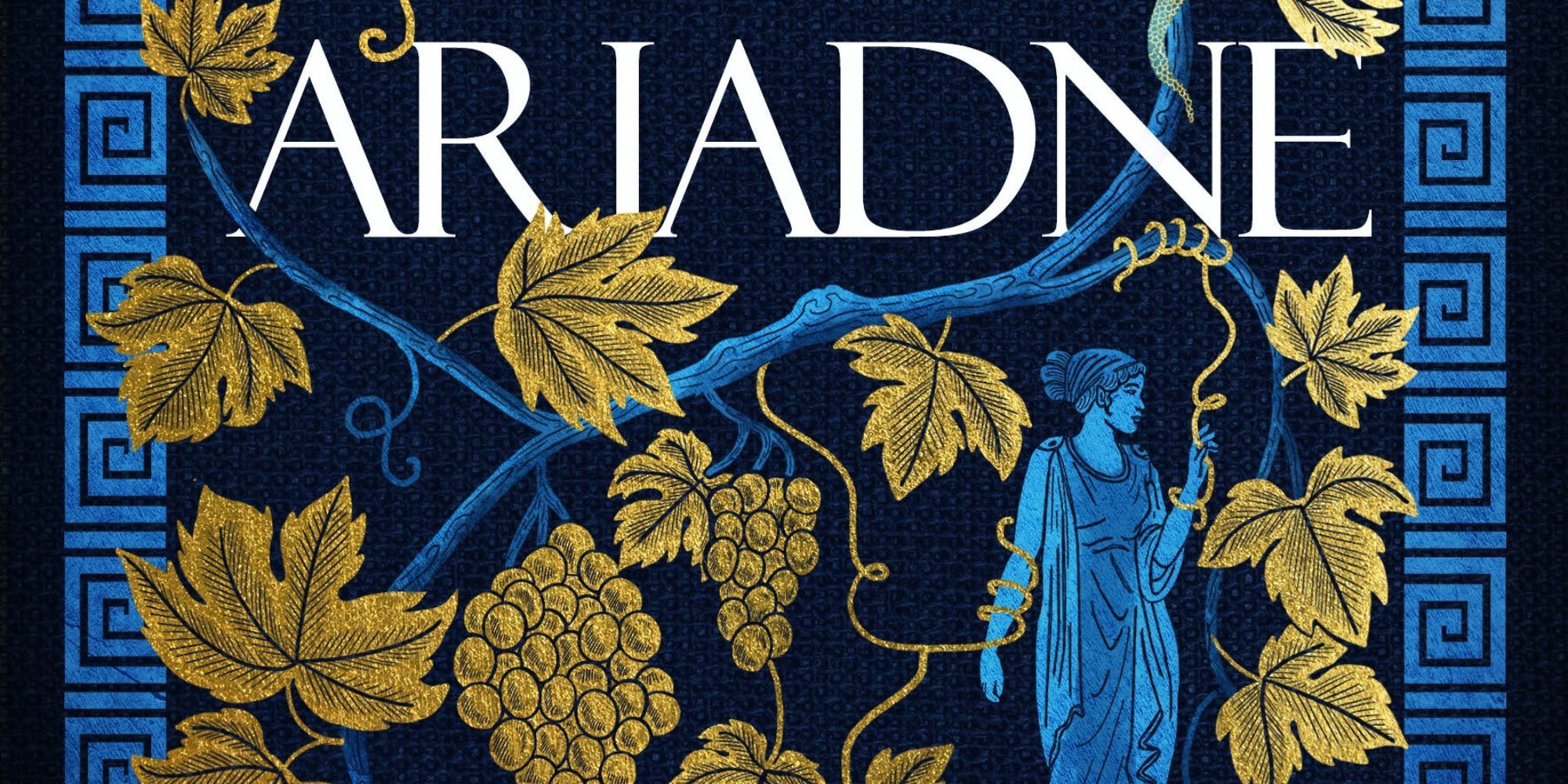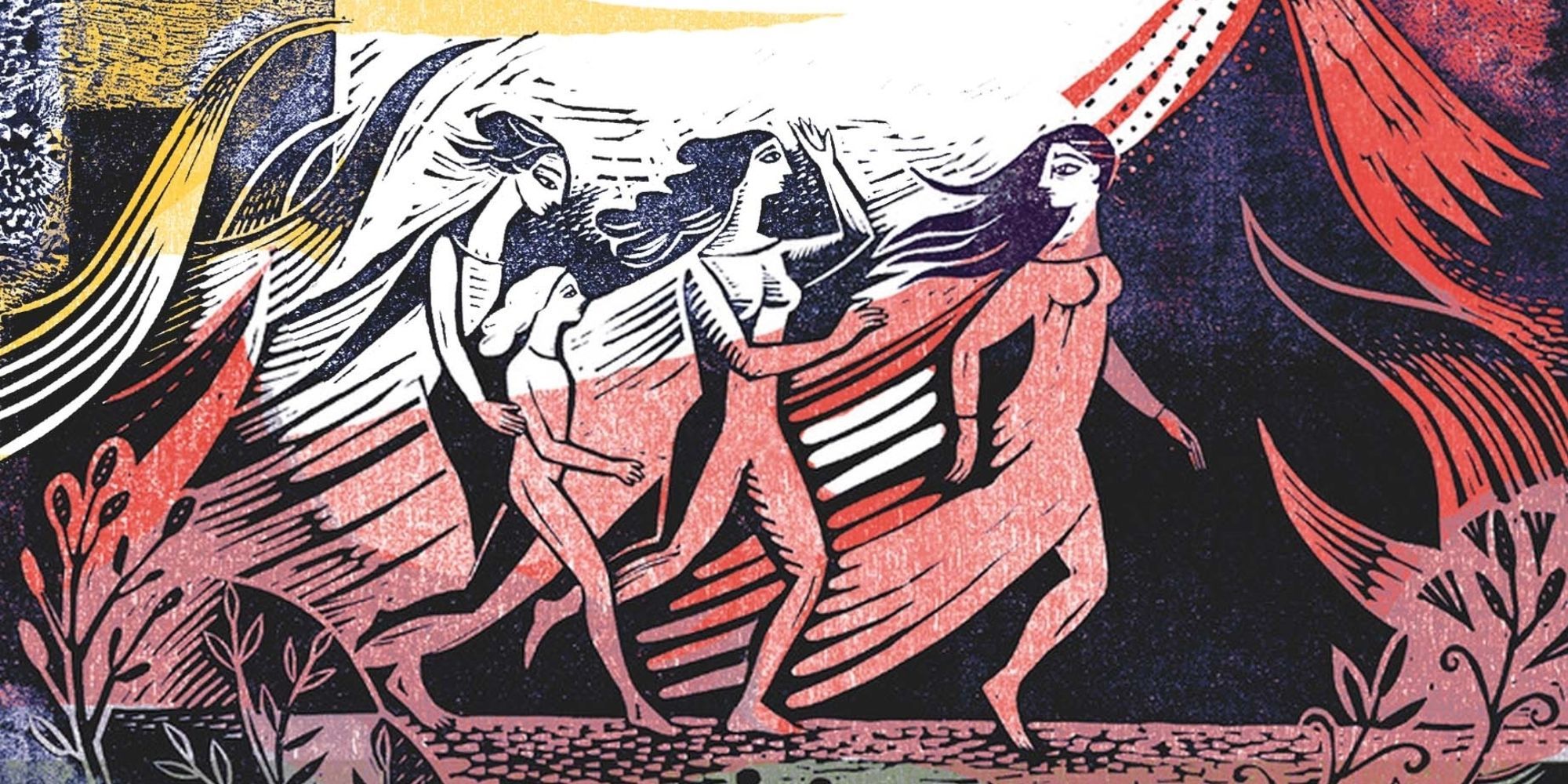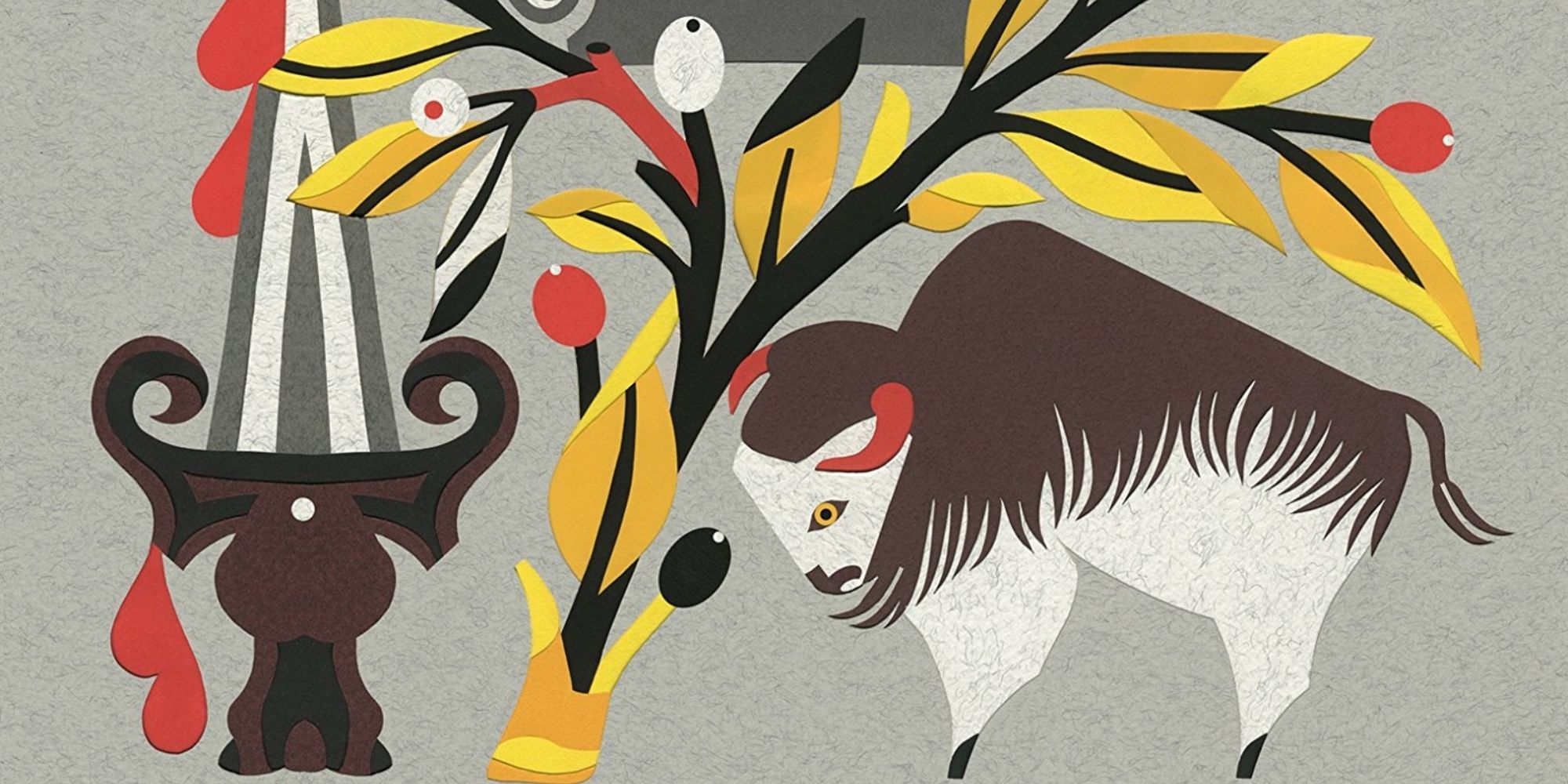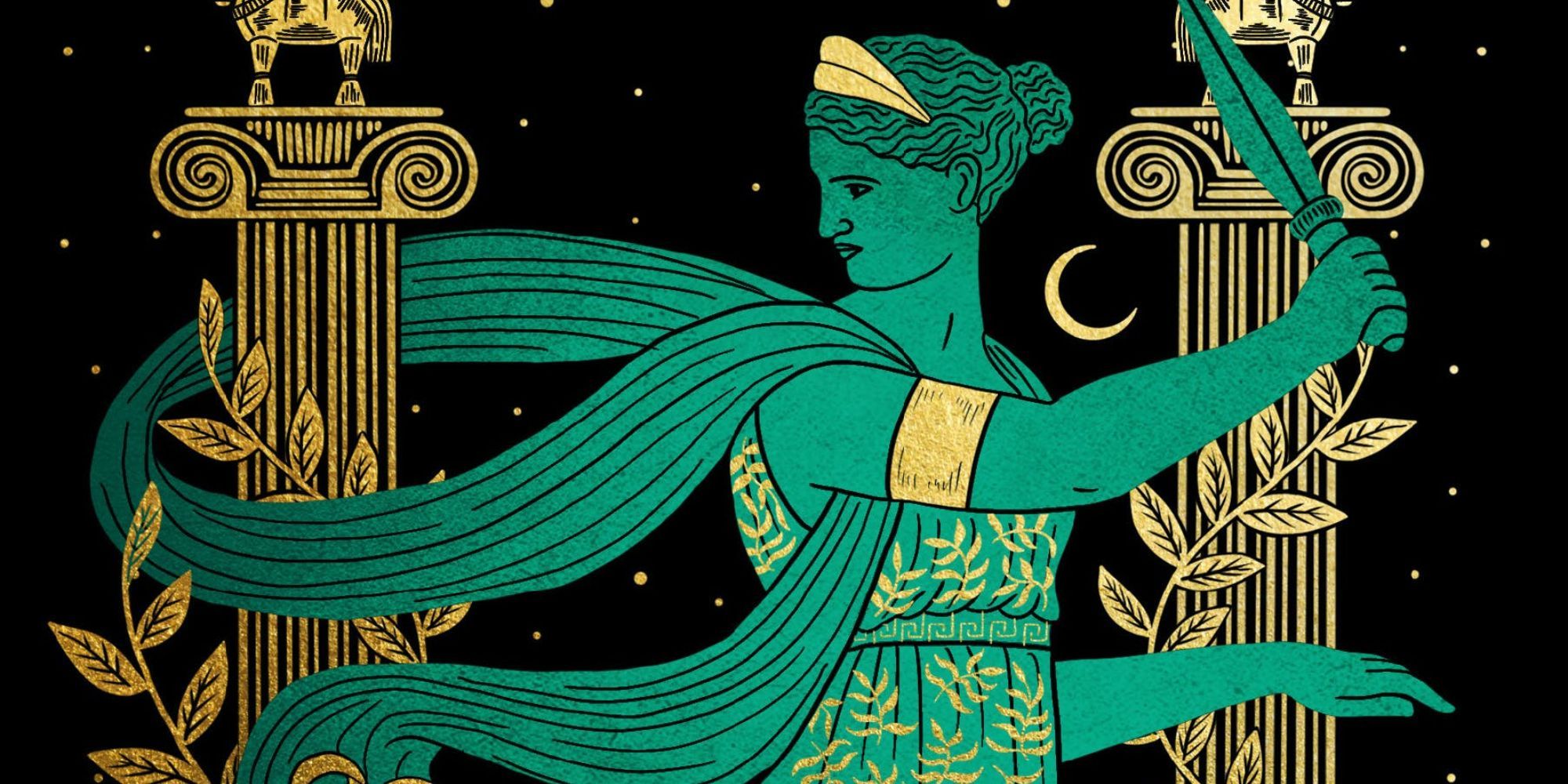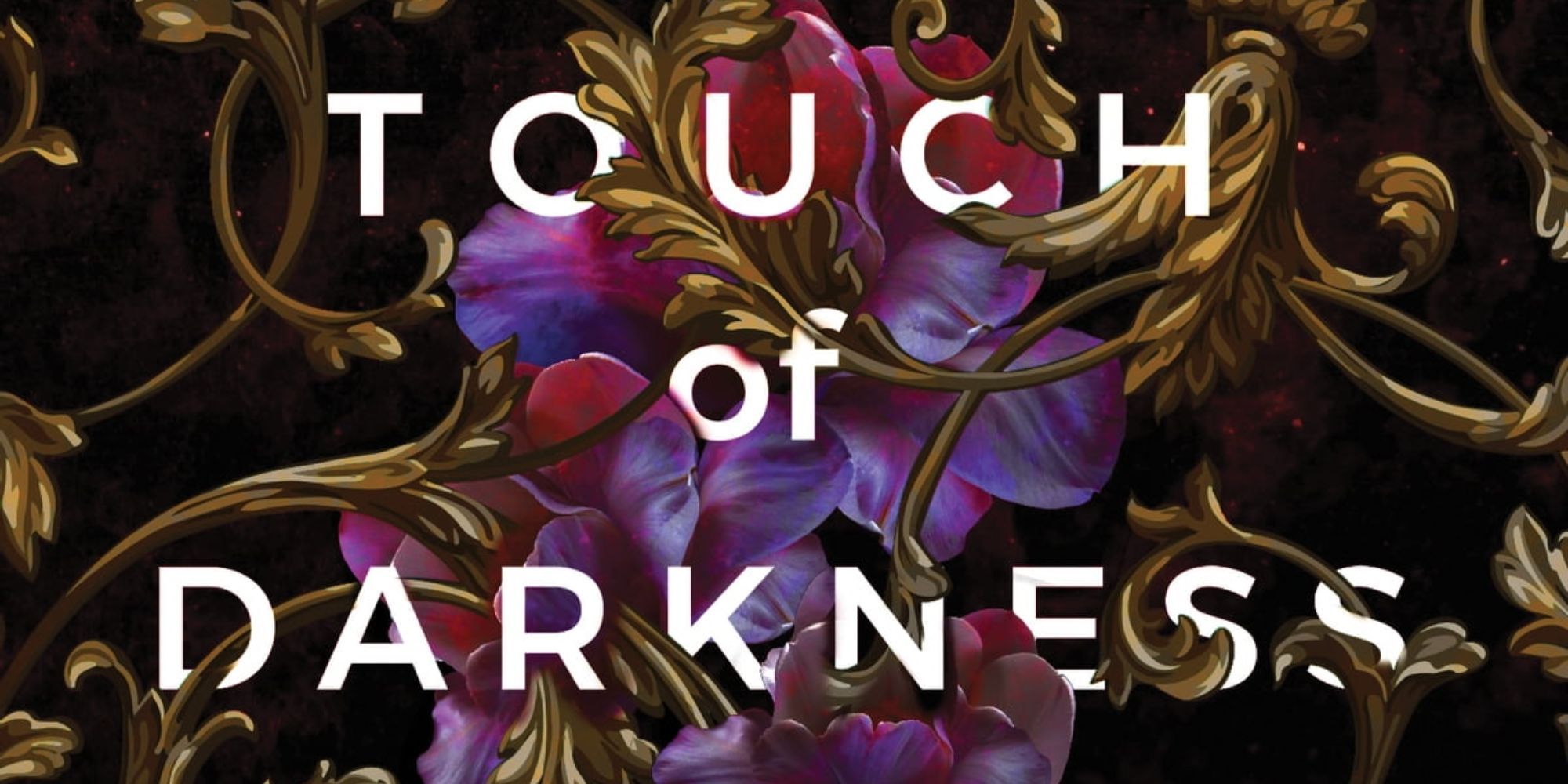Mythological retellings have been all the rage in recent years. This small sub-genre of historical fiction takes the stories that make up the very fabric of our society and adapts them for more modern times. The impact of these stories is felt just as keenly now as it was back in the ancient world.
Ancient Greek mythology, in particular, is a treasure trove of gods and heroes, romances, and tragedies. Stories of the most well-known figures like Zeus and Hercules are told time and time again. But how about the lesser known figures, namely the women (and men) who suffered the consequences of godly and heroic actions? These spectacular novels give them a voice.
'Circe' by Madeline Miller
To some, Circe was considered a goddess of sorcery. To others, she was a mere witch to steer clear of–especially if you were a man. Circe lived alone on the island of Aeaea after being cast out for her witchcraft by her father, the sun God Helios. Seafaring men with unsavory intentions would stop at her island and find themselves turned into pigs. One of these men was Odysseus, whom Circe took a liking to, and eventually conceived a son with.
Madeline Miller’s Circe takes all mentions of the sorceress in myth and weaves together a rich story told entirely from Circe's point of view. From the vilification she suffered at the hands of her father’s court to her largely solitary life on Aeaea, Circe is a story of female power, strength, and magic.
'Ariadne' by Jennifer Saint
In myth, Ariadne is primarily known as the wife of the wine God Dionysus or the daughter of King Minos of Crete, who helped the hero Theseus defeat the Minotaur. While she is all these things, Ariadne is more than what the men in her life defined her as. After she was abandoned on the island of Naxos by Theseus, Dionysus fell in love with her and made her his wife. Ariadne was Dionysus’s right hand, leading the Maenads and Satyrs with him and offering him counsel.
Jennifer Saint’s Ariadne does much the same as Circe in taking a lesser-known female figure of mythology and giving her a voice. Ariadne’s story is one of family politics, love after heartbreak, and staking your claim in a man’s world.
'The Silence of The Girls' by Pat Barker
Pat Barker’s The Silence Of The Girls is not your average Trojan War story. This one is told entirely from the point of view of Briseis, mistress of Achilles. In myth, Briseis was given to Achilles as a war prize after the sacking of Trojan-aligned city Lyrnessus. By all accounts, she was well treated by Achilles and his companion Patroclus, so much so that when Agamemnon forcibly took Briseis as a concubine, Achilles refused to fight for him. The trio was so close that when Patroclus and Achilles died, it was Briseis that anointed their bodies.
Pat Barker’s novel not only gives Briseis her voice but tells the story of the women of the battlefield. While the men fight, the women tend to the wounded and dying and ensure the camp runs efficiently. Their relationships with one another demonstrate the true power of female solidarity.
'The Song of Achilles' by Madeline Miller
Madeline Miller’s The Song of Achilles focuses on the relationship between Achilles and his long-time companion Patroclus. Despite Achilles’s mother Thetis disapproving of the friendship, Patroclus accompanied Achilles to the Trojan battlefield and supported the hero. In myth, Patroclus is most well known for donning Achilles' armor when he refused to fight and accidentally getting himself killed by Hector. Achilles is understandably devastated and vows to have Patroclus’s ashes mixed with his when he meets his inevitable death at the hands of Paris.
The novel is told entirely from the point of view of Patroclus, who develops feelings for Achilles. While in myth, it is only inferred that they are more than friends, the novel casts the story in a very clear romantic light. As in myth, the pair have their ashes mixed together and are reunited in the afterlife with the approval of Thetis.
'The Children of Jocasta' by Natalie Haynes
Anyone who has studied Freudian theory knows Oedipus, the man who killed his father and married his mother. But who exactly was his mother? Jocasta was the Queen of Thebes, married to King Laius. An oracle warned the King that any future son would kill him and marry his wife, so when Jocasta gave birth, the King gave the baby boy away. Fast-forward fifteen or so years, a young Oedipus has an altercation with the King on the road and kills him, thus fulfilling the prophecy. After solving the Sphinx’s riddle, Oedipus becomes the new King of Thebes and unknowingly marries his mother, Jocasta. It’s safe to say things didn’t end well when the truth was revealed–Oedipus gouged his eyes out, and Jocasta took her own life.
Natalie Haynes’s The Children of Jocasta tells the story from Jocasta’s point of view, with all the anguish and pain of marrying the much older King, losing her baby son, then her husband, then the shocking revelation of her new husband’s true identity. The novel also focuses on Jocasta and Oedipus’s often forgotten daughter Ismene, who must deal with the fallout with her sister Antigone.
'Elektra' by Jennifer Saint
Jennifer Saint’s second novel Elektra, tells the story of three women who are plagued by tragedy at the hands of the Trojan War. Clytemnestra is best known as Helen of Troy’s sister and Agamemnon’s wife. Elektra is their vengeful daughter. Cassandra is a princess of Troy and sister to Paris and Hector. In myth, Agamemnon sacrifices his daughter Iphigenia for favorable winds. Clytemnestra is livid at her husband for murdering their daughter and taking a lover. Together they plot to kill Agamemnon, and they succeed. Cassandra, who Agamemnon has taken as a war prize, tries to warn him not to return home to his inevitable death but is cursed by Apollo to see the future and has no one believe her. Elektra ends up killing her mother to avenge her father.
The novel takes this messy story of feuding families, war, and murder and tells it from the point of view of the women involved, showing how they deal with the things that haunt them—Clytemnestra’s grief and vengeance, Cassandra’s curse disguised as a gift, and Elektra’s hatred for her mother.
'The Penelopiad' by Margaret Atwood
A clever play on The Illiad, The Penelopiad tells the story of Odysseus’s wife, Penelope. In myth, Penelope was considered a faithful wife who waited twenty years for Odysseus to return from the Trojan War. Penelope ruled his kingdom of Ithaca in his absence and spurned the advances of several suitors who believed Odysseus would never return. Penelope would tell them that she would choose a suitor once she had finished weaving her father-in-law’s funeral shroud. But unbeknownst to them, Penelope and her maids would unravel the shroud every night so it would never be complete.
Margaret Atwood tells Penelope’s story from her point of view, living in 21st century Hades. Penelope recounts her life in Sparta before marrying Odysseus, his absence, and the aftermath of his return. Atwood gives Penelope her signature wit to set the record straight about her life, including the rumor that she gave birth to the god Pan after an affair with Hermes.
'A Touch Of Darkness' by Scarlett St. Clair
This is one for the spicy romance readers. Scarlett St. Clair's A Touch Of Darkness adapts the Hades and Persephone myth. Persephone was the daughter of Demeter, goddess of the harvest. Persephone herself was the goddess of spring. In mythology, Hades, Lord of the Underworld, sees Persephone in a field of narcissus flowers and is immediately enamored with her. He takes her to the Underworld, where she eats a pomegranate seed that traps her there. Overcome with grief, Demeter puts the world into eternal winter until an agreement is reached–Persephone is to spend six months in the Underworld with Hades and six months with her mother, hence the seasons.
The novel is a contemporary take on the myth, with Persephone living in New Athens as a journalist who wishes to pursue a human life despite her goddess status. Hades is still the Lord of the Underworld, but he's also a sexy nightclub owner and philanthropist. Enter the enemies to lovers trope.

